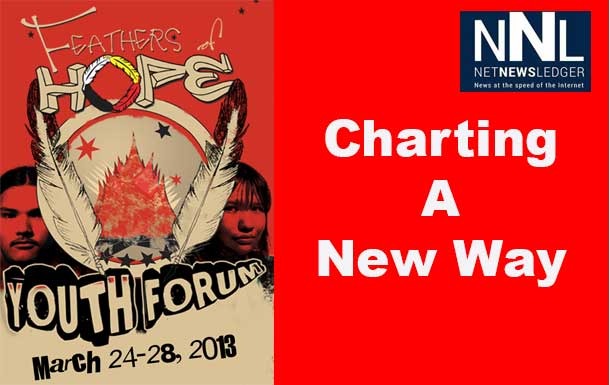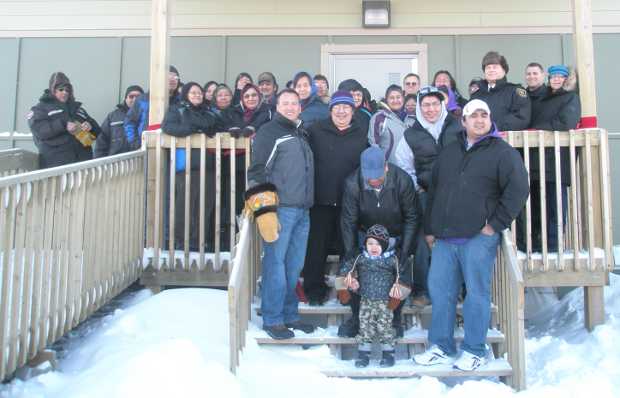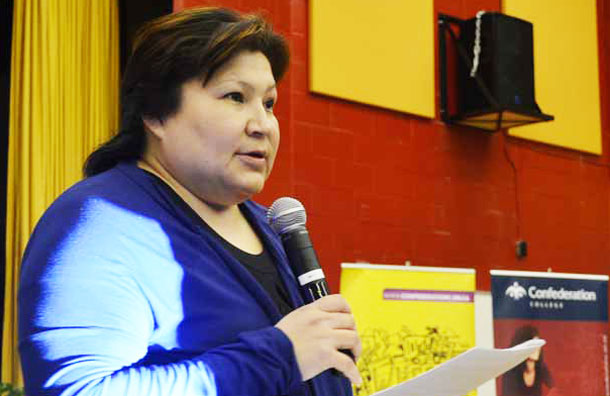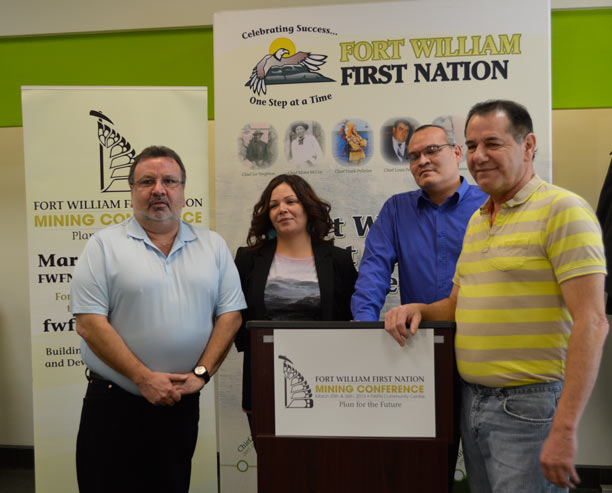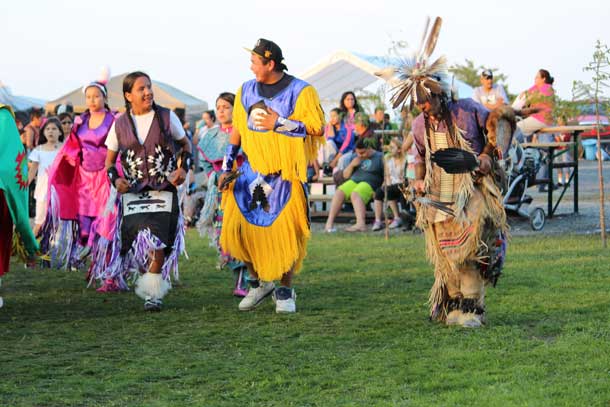
Thunder Bay, ON – The Ontario education system is failing young First Nations, Métis, and Inuit children in the north because it lacks two key strategies: Access to traditional knowledge and access to teachers educated to impart contemporary knowledge through culturally responsive teaching methods. The latest report published by Northern Policy Institute, A Strategy for Change: Supporting Teachers and Improving First Nations, Métis, and Inuit School Success in Provincially Funded Northernwestern Ontario Schools, by Dr. John Hodson and Dr. Julian Kitchen, proposes a new program to help First Nations, Métis, and Inuit students in the north achieve success in the classroom.
According to the report, in 2011 only 71.1 percent of First Nations, Métis, and Inuit people in Ontario between the ages of 20 and 24 have completed high school.
“If we sharpen the focus and project the same FNMI high school completion rate of 71.1 percent in the critical 20–24 age group (Statistics Canada 2011b) across the aggregate population range attending the nine DSB schools in Northwestern Ontario in 2014/15 it is reasonable to suggest that as few as 1,972 and as many as 2,641 FNMI students will not have completed high school by the time they are in that age group,” the authors write. “One has only to consider the probability of this projection to conclude that some form of education innovation is required if we are to step back from the precipice and prevent a lost generation of young Aboriginal people.”
In order to reverse this trend, the authors propose that the Biwaase’aa Program, a community-based education program created in Thunder Bay in 2004 that uses traditional knowledge to engage students, be combined with the Maamaawisiiwin Professional Teacher Development Program, which was created by John Hodson to provide educators with the necessary tools to embrace cultural experiences while teaching contemporary knowledge.
The new program, known as The Biwaase’aa/Maamaawisiiwin Education Innovation, will align with the Ontario Ministry of Education’s commitment to Aboriginal communities that children attending provincially funded schools receive both traditional and contemporary knowledge education.
The Biwaase’aa program has already proven to be a success, with recent studies showing that students who participate in the program achieve higher literacy and math scores, lower rates of behavioral referrals, and increases in attendance. The Maamaawisiiwin Professional Teacher Development Program, which is based on a successful program developed in New Zealand, increases the success in teaching contemporary knowledge.
“Canada and First Nations, Métis, and Inuit peoples are at a crossroads, where population growth, economic inequity, and social justice issues collide, and where a longstanding inability to address the core issues that give rise to harmful socio-economic cycles will, if unchanged, play out among an exploding generation of FNMI children,” the authors write. “FNMI peoples have long held that access to teachers of both traditional and contemporary knowledge who are prepared to meet the educational needs of their children would be a cost-effective way to interrupt these cycles.”
The full report, A Strategy for Change: Supporting Teachers and Improving First Nations, Métis, and Inuit School Success in Provincially Funder Northernwestern Ontario Schools, is available on our website at www.northernpolicy.ca.



